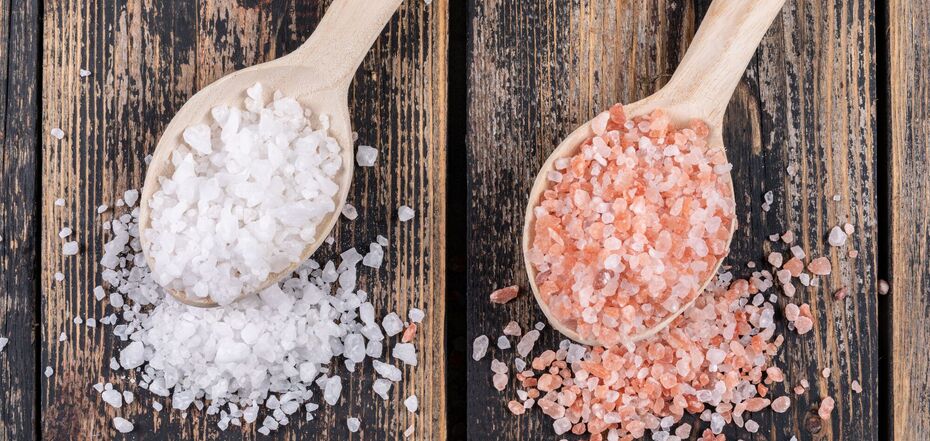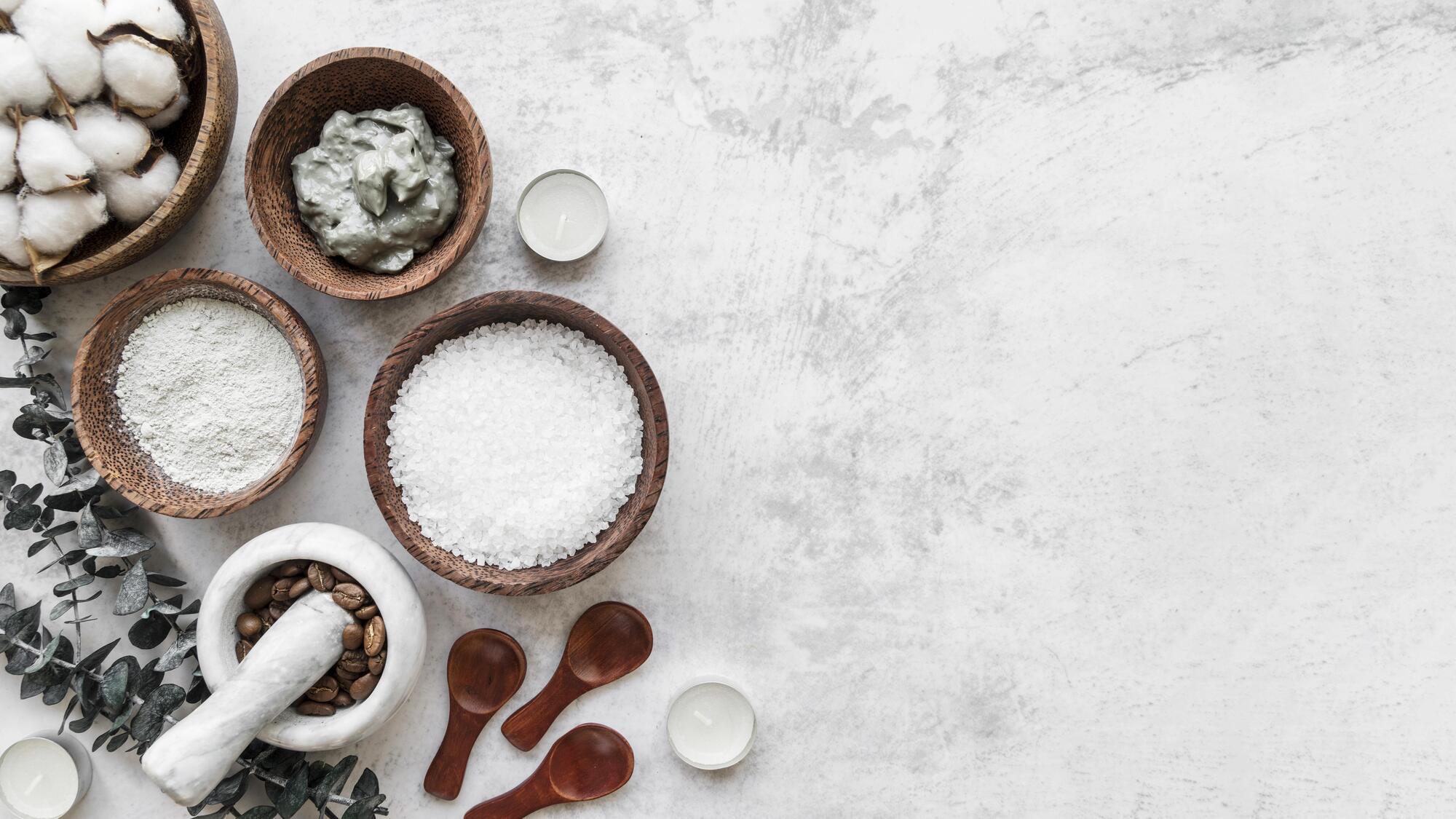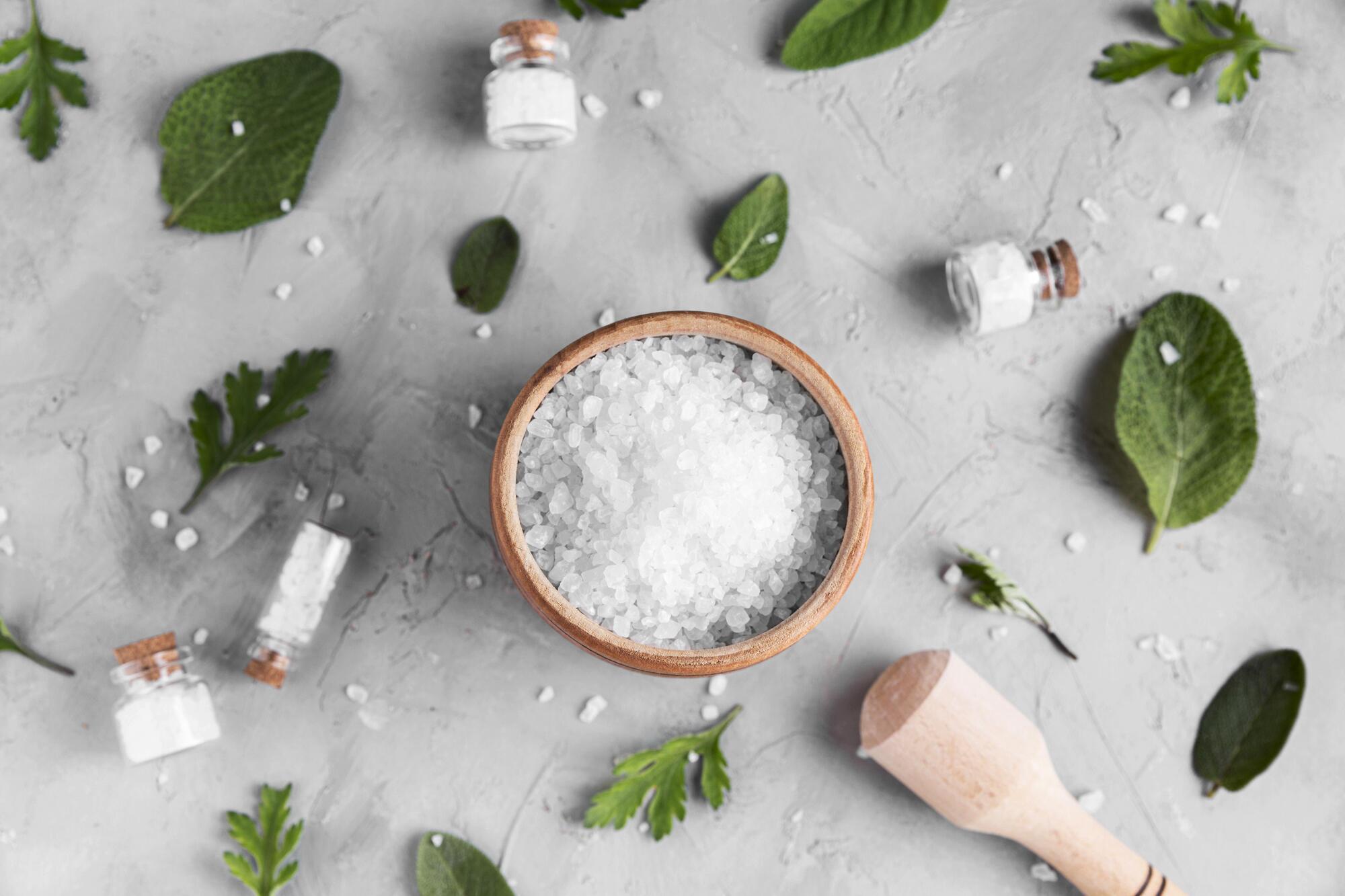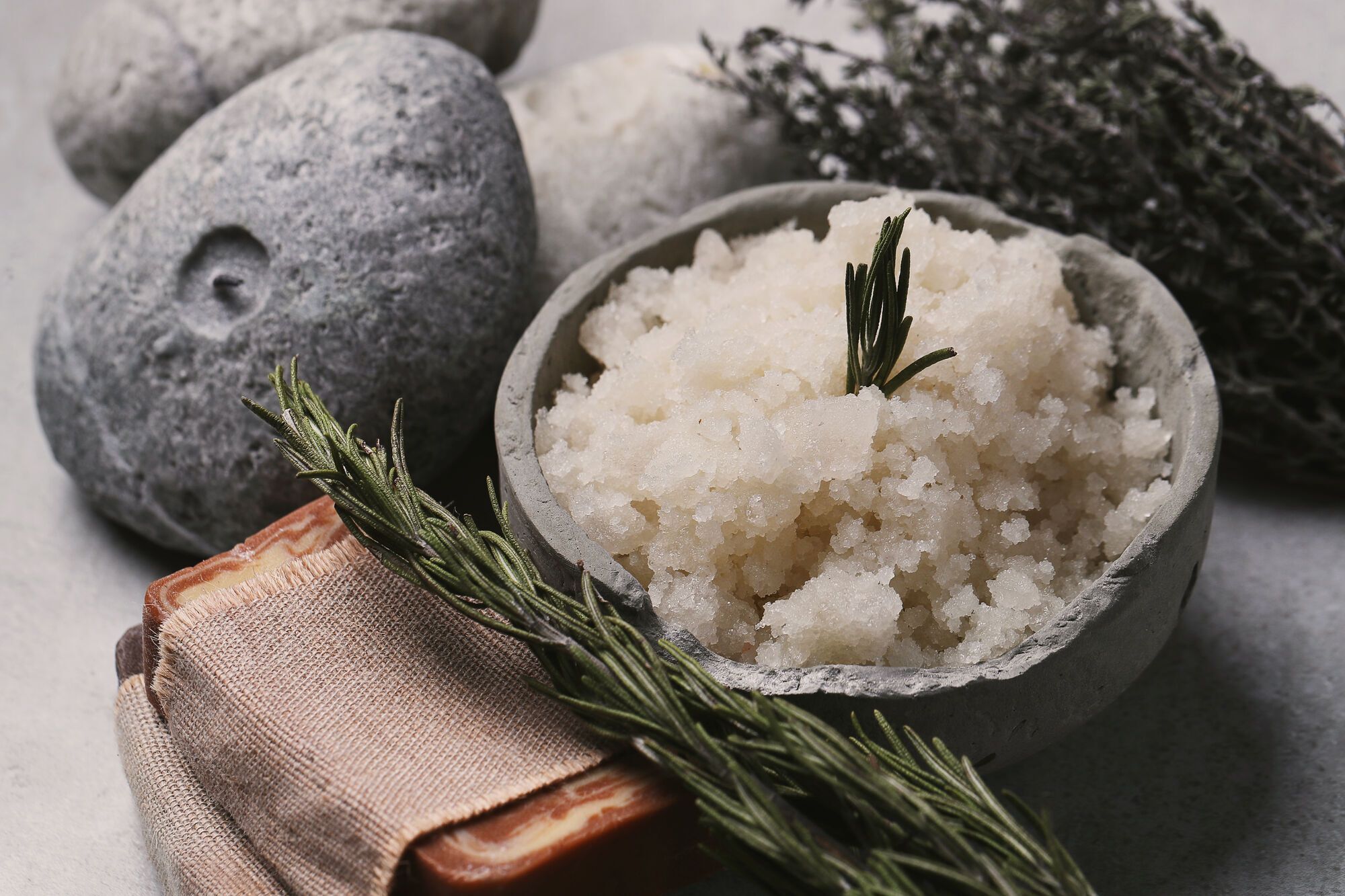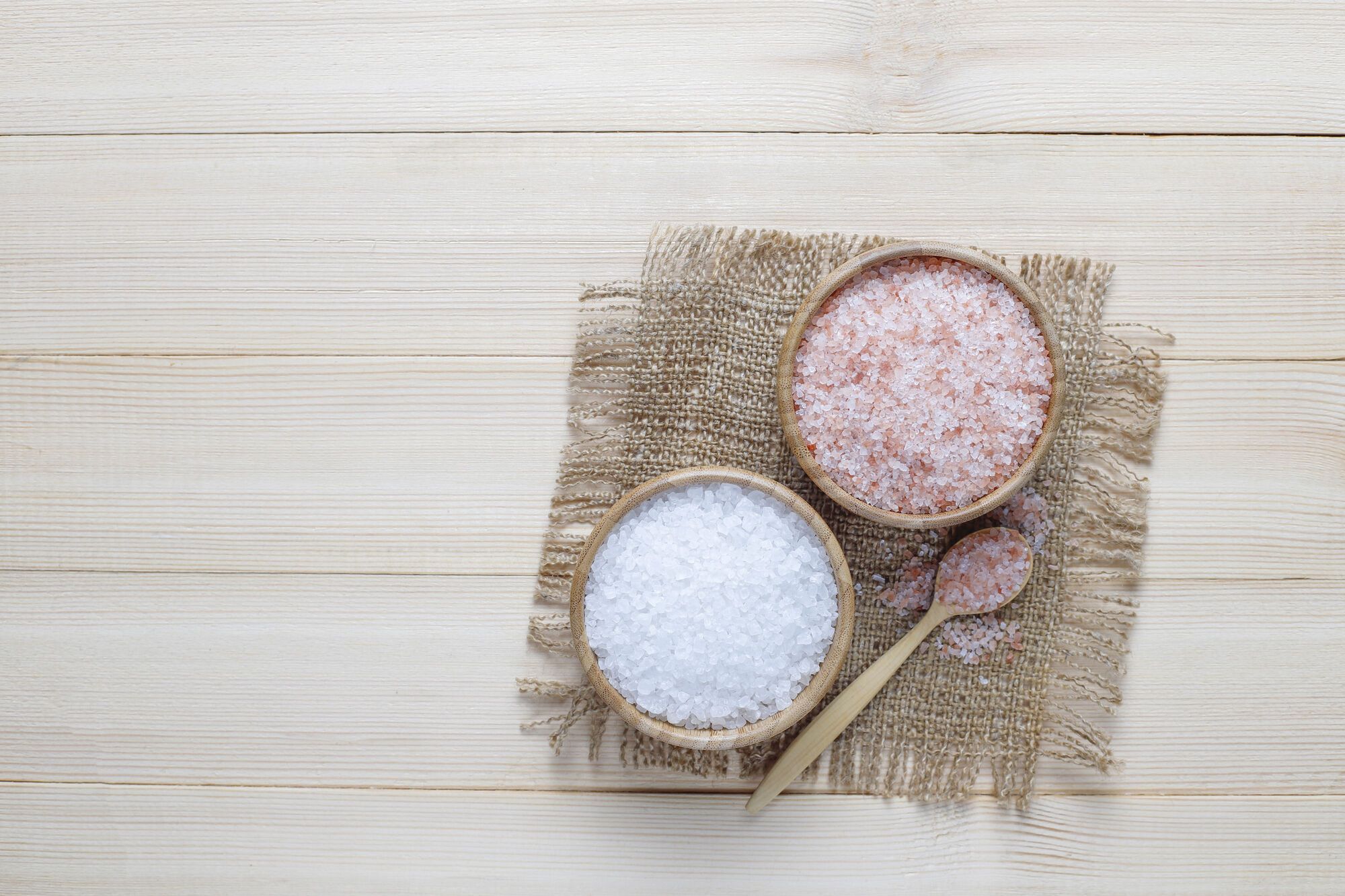Food
What kind of salt should be used for preservation: several options
After Artemsil stopped producing the salt we are all familiar with, many housewives were faced with the question of replacing it. Today, stores sell a huge range of different salts. But can any of them be used for preservation?
FoodOboz.ua decided to look into this issue to advise housewives on how to prepare canned food. Oksana Humeniuk, associate professor of food technology at the Chernihiv Polytechnic National University, helped us with this.
Table salt
By purifying rock salt, table salt is born. It is devoid of almost all impurities and trace elements. The expert says that such salt is ideal for canning.
But often table salt contains potassium hexacyanoferrate (E536). This is done so that the salt does not form lumps and remains crumbly. Salt with this additive is categorically not suitable for preservation.
Rock salt
This salt belongs to a separate large class of salt. According to Oksana Humeniuk, rock salt is often referred to as ordinary coarse white table salt, but this is not entirely true.
Usually, rock salt is white with gray specks and contains impurities. It is the amount of impurities that makes this salt a separate type. This is how Himalayan or black salt is produced.
These types of salt are usually quite expensive. Of course, they are suitable for preservation, but there is no point in overpaying.
Sea salt
This salt is obtained from seawater by evaporating it. It is almost impossible to distinguish sea salt from rock salt by taste, the expert says. However, sea salt differs radically in its chemical composition.
Sea salt can be used for preservation, but there is no guarantee that the taste of the products will not differ from the usual. That's because sea salt contains not only natural iodine, which, by the way, is not harmful to preservation, but also a huge amount of minerals and algae particles. Therefore, it is impossible to predict what kind of impact these elements will have on the preservation.


